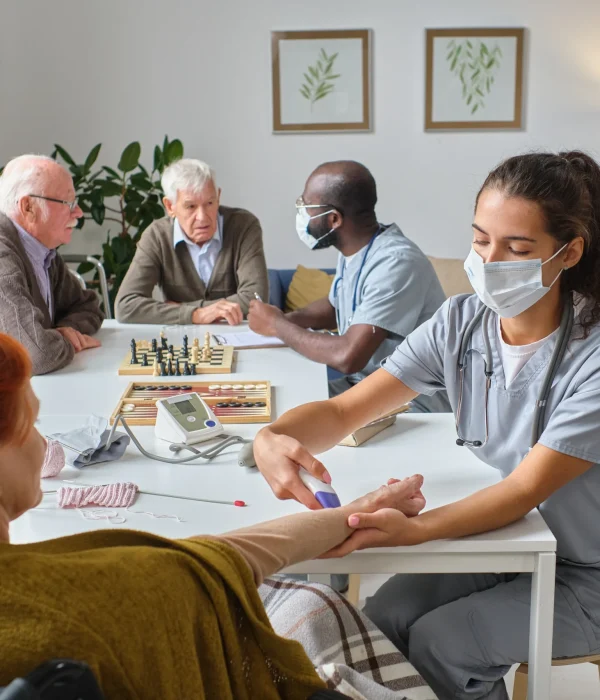Acquired Brain Injury
Identify
Identifying acquired brain injury involves recognizing changes in cognitive function, motor skills, behavior, and emotional regulation following a traumatic event such as a head injury, stroke, or infection. Symptoms may include headaches, memory problems, difficulty concentrating, mood swings, and impaired coordination.
Importance
Addressing acquired brain injury is crucial as it can have a profound impact on an individual's daily functioning, relationships, and overall quality of life. Early intervention and comprehensive rehabilitation can help maximize recovery, restore independence, and improve long-term outcomes.
How to care
Caring for someone with acquired brain injury requires patience, empathy, and understanding. Providing a supportive environment, facilitating access to medical care, rehabilitation services, and assistive technologies are essential steps in promoting recovery and optimizing outcomes. Additionally, offering emotional support, encouragement, and reassurance can help individuals and their families navigate the challenges of adjusting to life after brain injury.
Get Help
Getting help for acquired brain injury begins with seeking immediate medical attention following the injury. Once stabilized, accessing comprehensive assessment and rehabilitation services from multidisciplinary professionals, including neurologists, neuropsychologists, physical therapists, occupational therapists, and speech-language pathologists, is crucial for optimal recovery. Additionally, connecting with support groups and advocacy organizations can provide valuable resources, information, and peer support for individuals and families affected by acquired brain
Previous slide
Next slide








